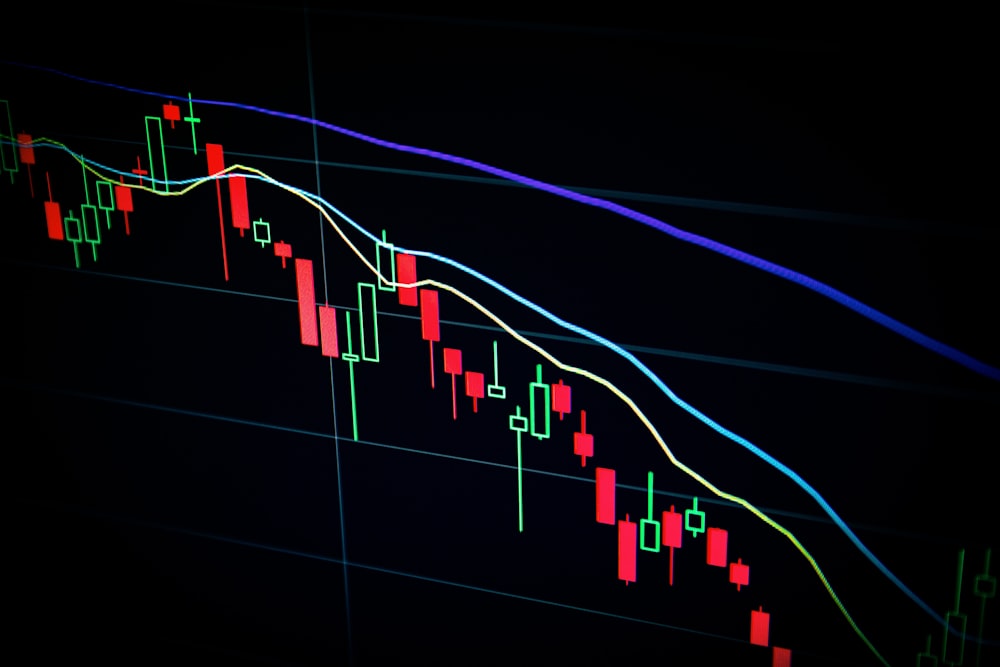📚 Table of Contents
Understanding Global Market Investments
Breaking into the world of global market investments can seem daunting, but with the right approach, it’s an achievable and rewarding career path. Unlike domestic investing, global markets involve navigating diverse economies, currencies, and geopolitical factors. Whether you’re interested in stocks, bonds, commodities, or forex, understanding the interconnected nature of international finance is crucial.
Global market investments offer diversification benefits, allowing investors to mitigate risks by spreading capital across different regions. For example, while the U.S. market might be experiencing a downturn, emerging markets in Asia or Latin America could be thriving. This dynamic requires a deep understanding of macroeconomic indicators, such as GDP growth rates, inflation, and interest rate policies across countries.
Additionally, global investors must stay informed about political stability, trade agreements, and regulatory changes. A sudden shift in government policy in a major economy like China or the EU can send ripples across global markets. Tools like Bloomberg Terminal or Reuters Eikon provide real-time data to help professionals track these variables.
Essential Skills for Global Market Investors
Success in global market investments demands a unique skill set. Analytical prowess is non-negotiable—investors must interpret complex financial statements, economic reports, and market trends. Proficiency in Excel, Python, or R for data analysis can give you an edge.
Another critical skill is risk management. Unlike domestic investments, global portfolios are exposed to currency fluctuations and geopolitical risks. Hedging strategies, such as using derivatives or diversifying across asset classes, are essential to protect investments.
Soft skills like adaptability and cultural awareness are equally important. Working across time zones and understanding local business etiquettes can make or break deals. For instance, negotiating a partnership in Japan requires a different approach than in Brazil due to cultural differences in communication styles.
Education and Certifications
While a finance-related degree (e.g., Economics, Business, or Accounting) is beneficial, it’s not the only path. Many successful investors come from engineering or mathematics backgrounds due to their quantitative skills. However, specialized certifications can significantly boost credibility.
The Chartered Financial Analyst (CFA) designation is highly regarded in global markets. It covers portfolio management, ethical standards, and advanced financial analysis. Similarly, the Financial Risk Manager (FRM) certification focuses on risk assessment, which is vital for global investors.
For those interested in forex or commodities, certifications like the Certificate in Investment Performance Measurement (CIPM) or the Certified International Investment Analyst (CIIA) provide targeted knowledge. Online courses from platforms like Coursera or edX also offer flexibility for professionals looking to upskill.
Building Practical Experience
Academic knowledge alone isn’t enough—hands-on experience is key. Internships at multinational banks, hedge funds, or asset management firms provide exposure to real-world scenarios. For example, interning at J.P. Morgan’s global markets division can offer insights into how large-scale trades are executed.
Starting small with personal investments is another way to gain experience. Platforms like Interactive Brokers or eToro allow you to trade international stocks and currencies with minimal capital. Documenting your trades and analyzing outcomes helps refine strategies.
Mentorship is invaluable. Connecting with seasoned professionals through LinkedIn or industry events can provide guidance. Many firms also offer rotational programs where you can work in different departments, such as equity research or foreign exchange, to build a well-rounded skill set.
Networking and Career Strategies
Networking is a cornerstone of success in global market investments. Attending conferences like the World Economic Forum or the Global Investment Summit can connect you with industry leaders. Joining professional organizations such as the CFA Institute or the Global Association of Risk Professionals (GARP) also opens doors.
Building a strong online presence is equally important. Sharing market analyses on LinkedIn or publishing articles on platforms like Seeking Alpha can showcase your expertise. For example, a well-researched piece on the impact of Brexit on European markets can attract potential employers or clients.
Tailoring your resume to highlight relevant skills is crucial. Emphasize experiences like managing a diversified portfolio or analyzing emerging market trends. Quantifiable achievements, such as “achieved a 15% return on international equities,” stand out to recruiters.
Common Challenges and How to Overcome Them
Global market investments come with unique hurdles. Currency risk is a major concern—exchange rate fluctuations can erode profits. Using forward contracts or options can hedge against this risk. For instance, if you’re investing in European stocks, locking in a forward rate for euros can protect against depreciation.
Regulatory complexities vary by country. Navigating tax laws or compliance requirements in multiple jurisdictions requires diligence. Partnering with local experts or using compliance software like Thomson Reuters ONESOURCE can streamline the process.
Information overload is another challenge. With endless data streams, filtering noise is essential. Focusing on key indicators like central bank policies or commodity prices can help prioritize actionable insights.
Conclusion
Starting a career in global market investments requires a blend of education, practical experience, and networking. By mastering analytical skills, staying informed about international trends, and leveraging certifications, you can position yourself for success. While challenges like currency risk and regulatory hurdles exist, strategic planning and continuous learning can help you navigate this dynamic field.


Leave a Reply